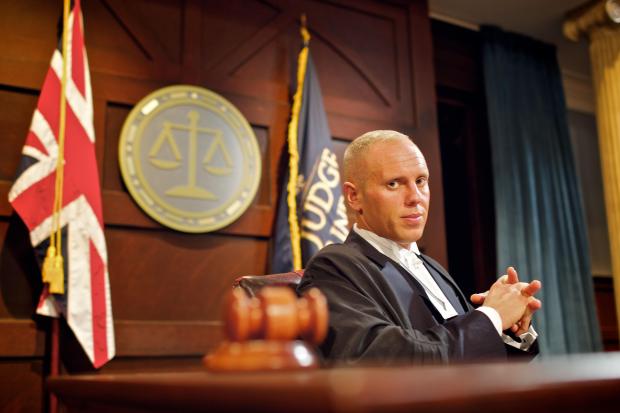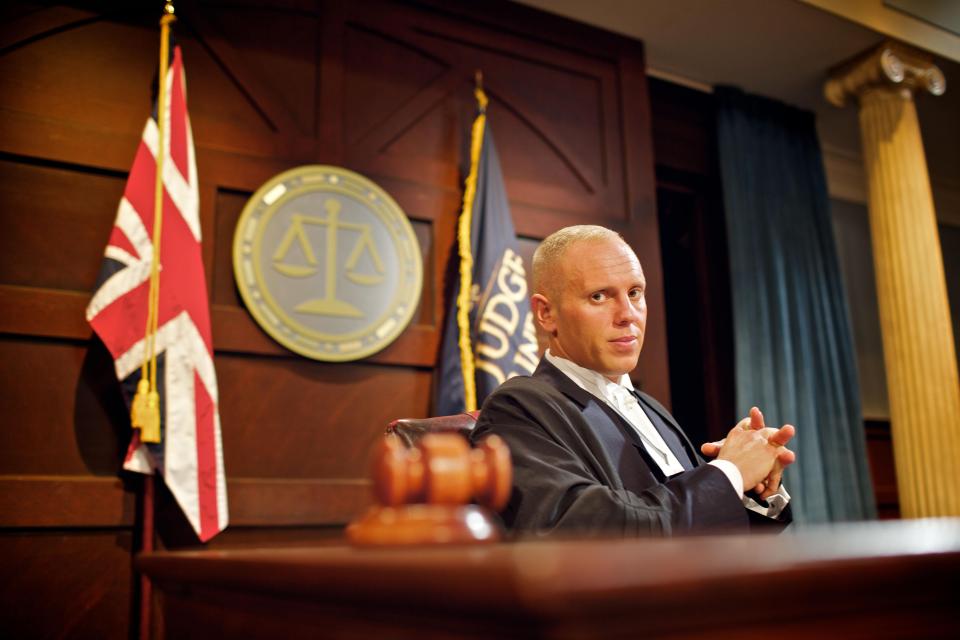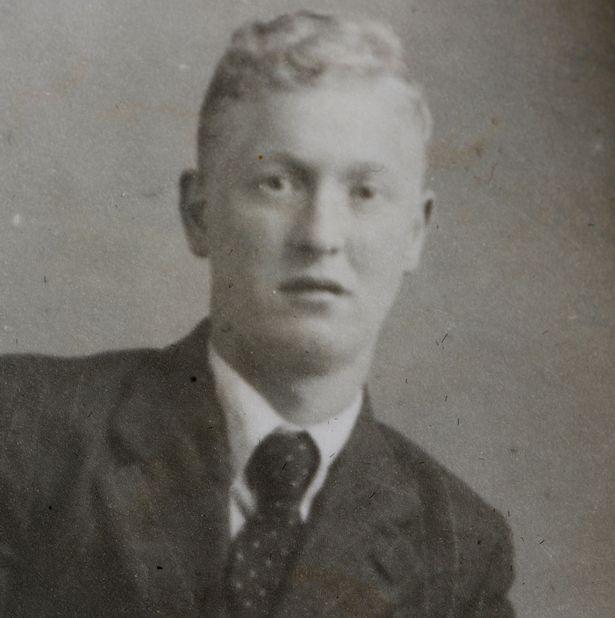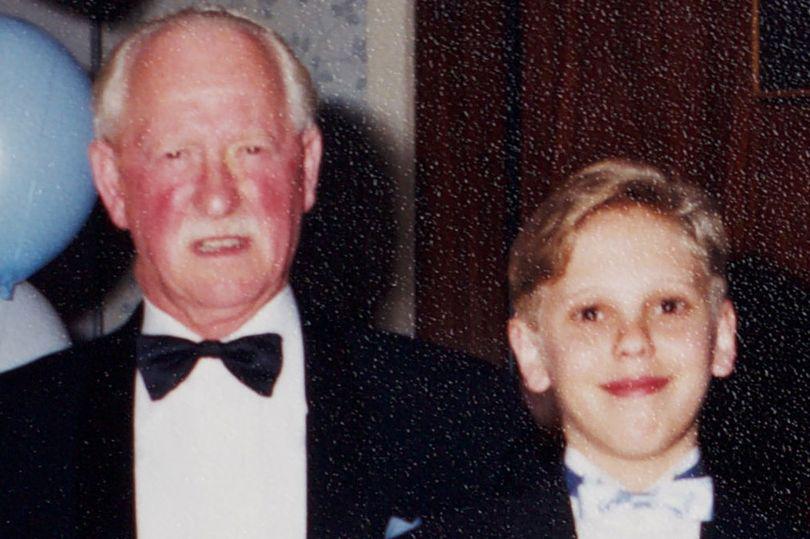Section 40 law is a threat to the press – it’s there to protect privacy… not celebrities’ right to be hypocrites
Legal expert Judge Rinder says the law protects privacy... not celebrities' right to be hypocrites

MY grandfather was a Holocaust survivor – he came to England having miraculously survived the Nazi death camps that killed the rest of his family.
He knew the devastating consequences of living in a society where there is no freedom under the rule of law.
It was he who taught me to cherish our country’s greatest freedom — the ability to say what you want.
He would sometimes take us grandchildren to Speakers’ Corner in Hyde Park, where we would listen to men on soap boxes spouting the most appalling anti-Semitic bile.
“You see,” he would say with pride and a sense of awe. “In this country, even this man can say whatever he wants and nobody can stop him.”
RELATED STORIES
My grandfather wanted to remind us that freedom of expression is the fundamental ingredient for democracy, and all the rest is detail. It is the scaffolding around which every other freedom is based.
Like me, my grandfather would be troubled to hear about Section 40 and the threat it poses to the free press we are rightly proud of.
If the press is to be free, the state has no role in regulating what is published. While signing up to a regulatory body is supposed to be voluntary, Section 40 sets out the enormous financial burdens that would be placed on publications that want to remain independent.
It could kill investigative journalism, including at local papers that have been instrumental in exposing numerous miscarriages of justice, because of the spectre of crippling legal costs.
This is very worrying, not least because if you want to curtail something as important as the freedom of the press you should have a jolly good reason. The case simply has not been made.
But it is more important to consider this now because of the global context we live in. There are returns to dictatorships, efforts to restrict the press and politicians who want to silence uncomfortable facts.
There are also people who want to shut down freedom of expression on the basis that newspapers might say or write something that will hurt someone’s feelings. There is a pincer movement where this most vital of freedoms is under attack from all angles.
We need journalists to be fearless and hold power to account. Never has it been more vital. Instead, people point to the mistakes the press has made. Undoubtedly, there have been bad ones.
However, it is important to remember the effect the press has had, not just on holding power to account, but also on social change.
Look at the paedophile allegations against public figures. Without journalists fearlessly reporting on the alleged abuses, victims who stayed silent for decades would not have found their voice.
It is difficult to understand why new regulation is necessary. The worst things journalists have been accused of doing are already illegal, and they have been held to account.
Which brings me to privacy, that one thing rich and powerful campaigners such as Max Mosley — who has funded the new State-approved regulator Impress — care about the most.
Of course, people are entitled to their private life. There are safeguards in European Convention law (which, by the way, still applies despite Brexit), which protects your right to privacy. It doesn’t give a celebrity carte blanche to be a hypocrite.
If you are a politician who styles yourself as a model of family virtue but are having a secret affair, you have no right to expect it to remain secret.
The only way we will truly understand the value of press freedom is when it is gone. Only then will you know the full horror of what it means to live in a state where the government seeks to regulate, control and cajole the press, where scandals and abuses go unheard, and lies go unchallenged.
My grandfather knew what that meant. I really hope we never find out.












